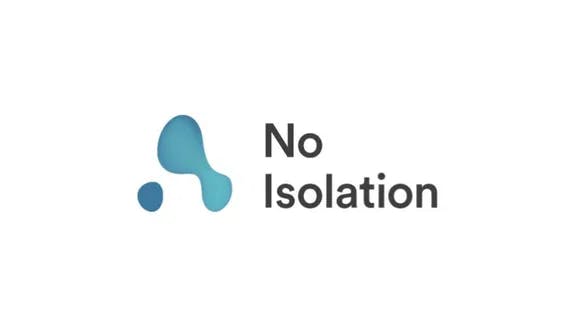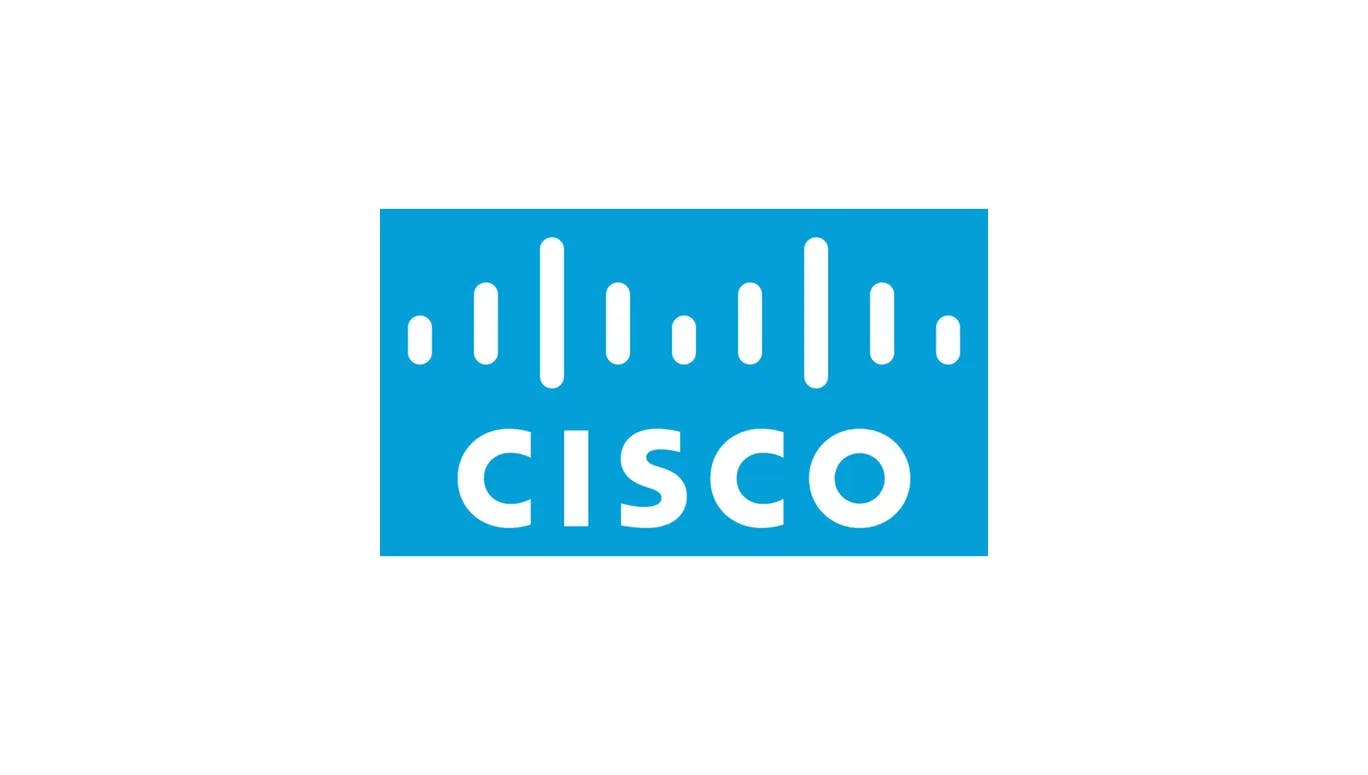
Cisco: Connecting the world for the greater good
Building the internet and a better world
“We sometimes say that we build the internet, because we connect it all.” It might seem like Cisco Netherlands’ MD Edwin Prinsen is beginning our interview with an outrageous claim, but it’s one that he can back up with facts: Cisco develops products, provides services and delivers integrated solutions to connect networks around the world. Its technology and services include video, mobility, security, collaboration, data centre and analytics products, and it records yearly revenues of around $50bn.
“Building the internet” is the key phrase here. As one of the world’s biggest technology firms, they don't just sell products and services, but rather take a leading role in global digitisation. This includes everything from training people in digital and entrepreneurial skills to providing access to affordable housing, clean drinking water and sanitation. They have set themselves a lofty goal: to positively impact one billion people through digital solutions by 2025.
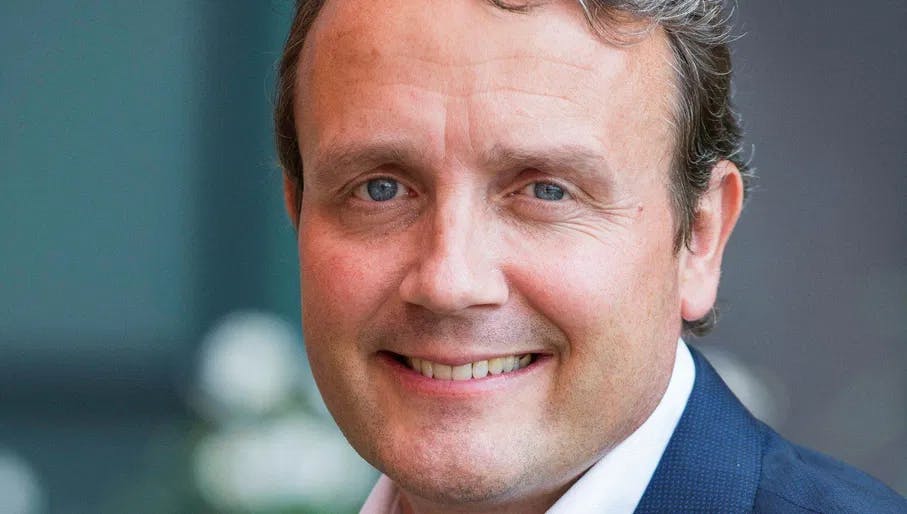
Prinsen elaborates on this: “Our vision is that we want to give the world population access to the internet. If you look at developing countries, once you connect someone to the internet, they can have schooling, healthcare, they can start their own little business online, they can reach the world. It can help unemployment, can create all kinds of new jobs and boost economies. We also put money into educating people. We are a commercial operation; we are on the stock exchange. But we really believe if we invest money into helping develop things, it’s part of our corporate social responsibility. And, at the end of the day, it will come back to us if we help take a country or company to the next level.”
In the last decade or so this process has accelerated rapidly, and as artificial intelligence and technologies associated with the Internet of Things (IoT) improve, Prinsen thinks that we’ll start to see more smart solutions become an everyday part of life. “We’re already seeing how tech is connecting devices and data. We call it DNA spaces. That when you’re when you walk into a building you know, the Wi-Fi can do all kinds of things for you - connect your air conditioning, your heating etc. And that can be for a building, an app, whatever. So, that is one thing we’re helping to build for the future: one in which there will be no digital boundaries anymore, and the whole world is connected in a safe and secure way.”
A diverse and accessible capital city
After being founded in San Francisco in 1984, the firm opened their Amsterdam Area office in 1999 to take advantage of its connectivity and infrastructure. “In terms of Amsterdam, with Schiphol you can fly everywhere, but it also has great universities and a really diverse population. That's something we found key at Cisco, we need that diversity. We want to be a mirror of society. So, in our office in Amsterdam we have around 45 nationalities. We’re now hosting Cisco Live here, and one of the reasons is also the environment: it is very innovative, and if you want to make it a green event you can come by train from everywhere.”
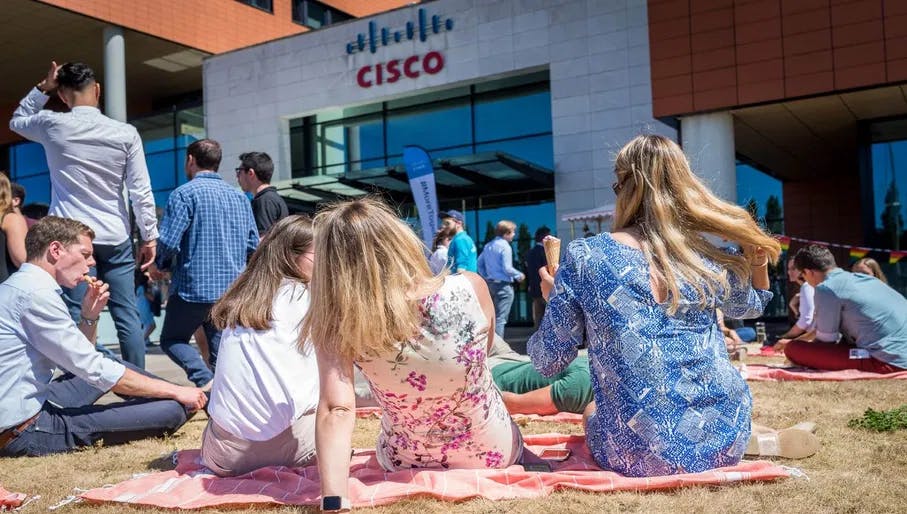
Cisco’s commitment to the digital agenda
For the past few years, Cisco has worked closely with the Dutch government to help drive the digitisation of the Dutch economy and society. Through the Digital Acceleration Netherlands (DVN) programme, Cisco contributes to the government's Digital Agenda, with a focus on infrastructure and transport, cybersecurity, education, innovation, IoT & smart cities and healthcare.
The programme is part of Cisco's global Country Digitization Acceleration Initiative, which is designed to help countries digitise their economies. “Our DVN team has worked with many organisations on more than 60 projects,” explains Prinsen. “These are all helping to accelerate the digital transformation in the Netherlands.”

One part of that is the Networking Academy, which educates students and helps to certify teachers so that they pass on those skills to students. Free courses include certificates in networking, cybersecurity, IoT, Linux, programming and computer skills for high schools. "We have a great shortage of experts and professionals, so we contribute to solving this,” Prinsen adds.
Of course, Cisco can’t remain a key driver for global digitisation without constantly innovating. It does that through investing in buying companies, as well as having a network of partnerships with the world’s biggest brands and industry leaders. “Our innovation budget is also one of the biggest in the world. We’re in a software-driven world, so we’re constantly integrating new tech into what we do. And we are helping people, and our products can help countries and businesses to thrive. So, people see us as a partner. If our success also means we can give back a little, then that makes it all worth it.”
Related articles

How digitalisation fuels TCS’s success in the Amsterdam Area
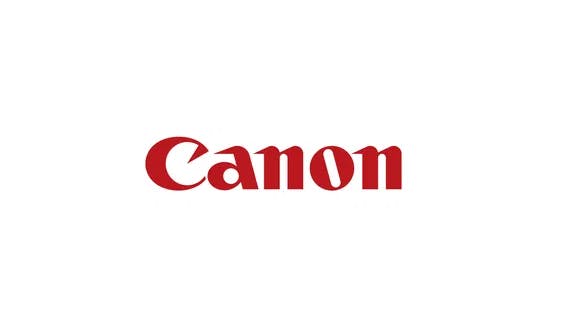
Canon is focused on success in the Amsterdam Area
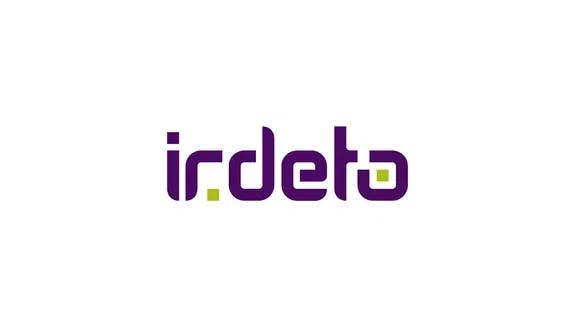
Irdeto: protecting the world's biggest brands
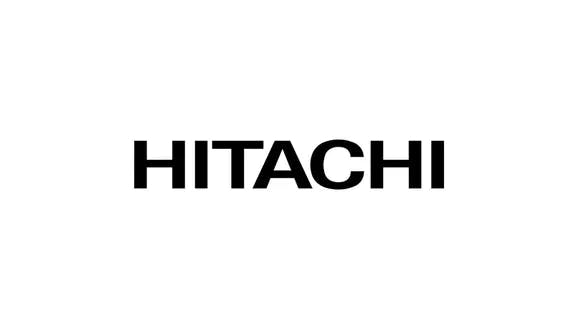
Hitachi Construction Machinery Europe
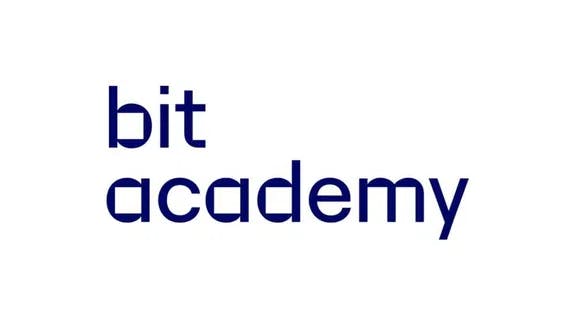
Bit Academy - developing the next generation of tech talent
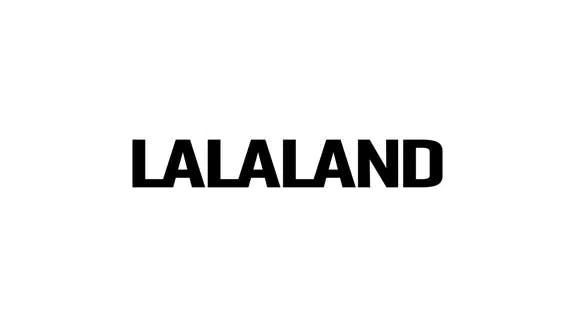
Lalaland is changing the fashion game using AI
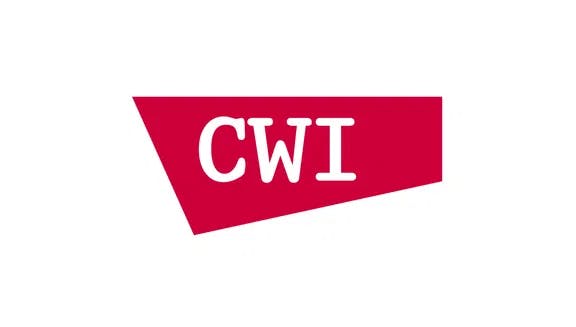
Rob van der Mei: Saving lives from Amsterdam Science Park

Meet the companies changing the game in smart mobility
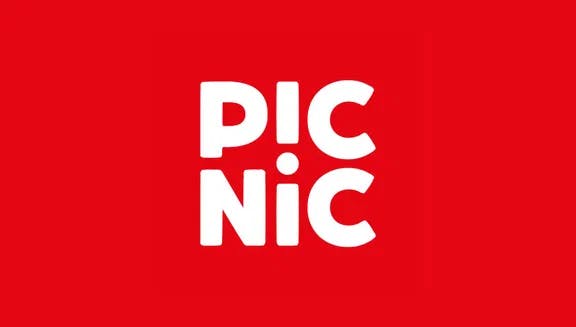
Picnic: next-level supermarket
